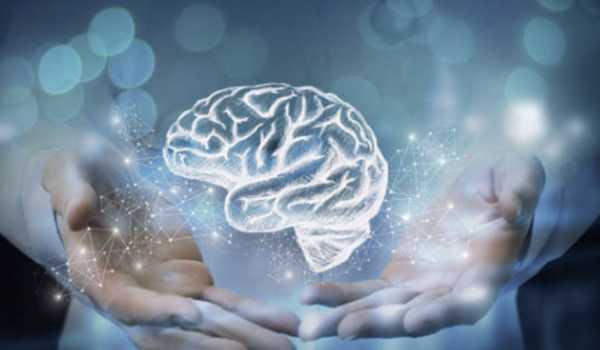The way in which we live our lives can be a strategic skill that can increase or reduce the people around us. Firstly, our ability to define our way of life and the ability to create specific lifestyles to suit our intended goals is vital.
Nobody wants to be lonely. Fortunately for us all, we were born into families so we have a first-hand remedy to cure our loneliness but while we evolve in life and move away from home we will need the know-how of connecting with people outside our family, maintaining relationships, and getting support from others.
As we evolve, our goals and life situations present to us a life pattern that gradually becomes our lifestyle. We sign up for these lifestyles either for immediate achievements or for long-term prevention. An example of a sudden achievement can be changing a diet or quitting an addiction that has an effect on your weight. Long-term prevention can also be avoiding some ways of life that can increase your lifespan. Either of these lifestyles can have an effect on your social capacity.
Lifestyles
- Regularly partaking in physical activities:
World Health Organization (WHO) explains physical activity as any bodily movement produced by skeletal muscles that requires energy expenditure. It also predicts that about five million deaths a year could be averted if the global population was to take part more in physical activities.
Physical activities help our overall well-being and enhance our thinking, learning, and judgment skills. Among others, it also reduces symptoms of depression and anxiety and contributes to preventing and managing noncommunicable diseases such as cardiovascular diseases, cancer, and diabetes.
- Eating healthy and balanced foods:
A well-balanced diet provides you with the energy you need to keep active throughout the day. Eating balanced foods also gives you the nutrient to stay strong and healthy to prevent diet-related illnesses like cancer.
- Getting sufficient sleep:
Sleep is equally important as exercising and eating a balanced diet. Aside from preventing depression, lowering the risk of heart diseases, and lowering weight gain risk, it gives you better productivity and concentration.
- Good hygiene:
We can all testify how good hygiene has been of importance for the past three years in fighting COVID-19. Aside from this it generally prevents us from getting or spreading germs and infectious diseases.
- Acquiring knowledge :
There is a saying: “the more knowledge we have the more power we possess.” The habit of acquiring knowledge either by being open-minded or reading can give you privileges among your peers who have ignored the act.
Negative lifestyles come in the form of the opposite of the above, not exercising regularly, not eating a balanced diet, insufficient sleep, bad hygiene, and ignoring the act of acquiring knowledge. Imagine you walk into a space with a bad odor? Everyone is going to avoid you. Or do you find yourself in an environment where people are vocal on any subject matter but it all sounds like a new language to you?
These positive and negative lifestyles can affect our social capacity.
Lifestyle and Social Capacity
In order to exempt loneliness while you evolve, you need to create connections among others. Social capacity in simple terms is the act of creating and maintaining relationships with or for a purpose.
The above positive lifestyles go a long way to impact the quality of our friends. If you partake in any of these lifestyles, you are healthy, you are not depressed, your thinking is enhanced, your risk of spreading infections is low, your knowledge makes you powerful and your death risk is low. It equips you to easily create connections with others for the long term.
This is an advantage; you are never going to be alone. You will be welcomed into groups and also influence a following. Connections bring out the best in us, we care and we are cared for.
Involving in these positive lifestyles and many others you can create is one strategy that can increase the people you can lean on aside from your family. A school of thought argues that family does not have to be blood relations only; it is something we can create.
You can also create groups of like-minded people — fit club, healthy eating club and knowledge acquiring teams. You exchange ideas in these groups to help build each individual and our communities as a whole.
Knowing the importance and advantages, one must strive to go against all the negatives that will stop them from enjoying great companies in our days of social media. No one has an excuse to exclaim, “I am lonely and I have fewer people to lean on!” Maybe you are doing something wrong?
Photo: Dean Drobot/Shutterstock
You might also like:
Support us!
All your donations will be used to pay the magazine’s journalists and to support the ongoing costs of maintaining the site.
Share this post
Interested in co-operating with us?
We are open to co-operation from writers and businesses alike. You can reach us on our email at [email protected]/[email protected] and we will get back to you as quick as we can.









